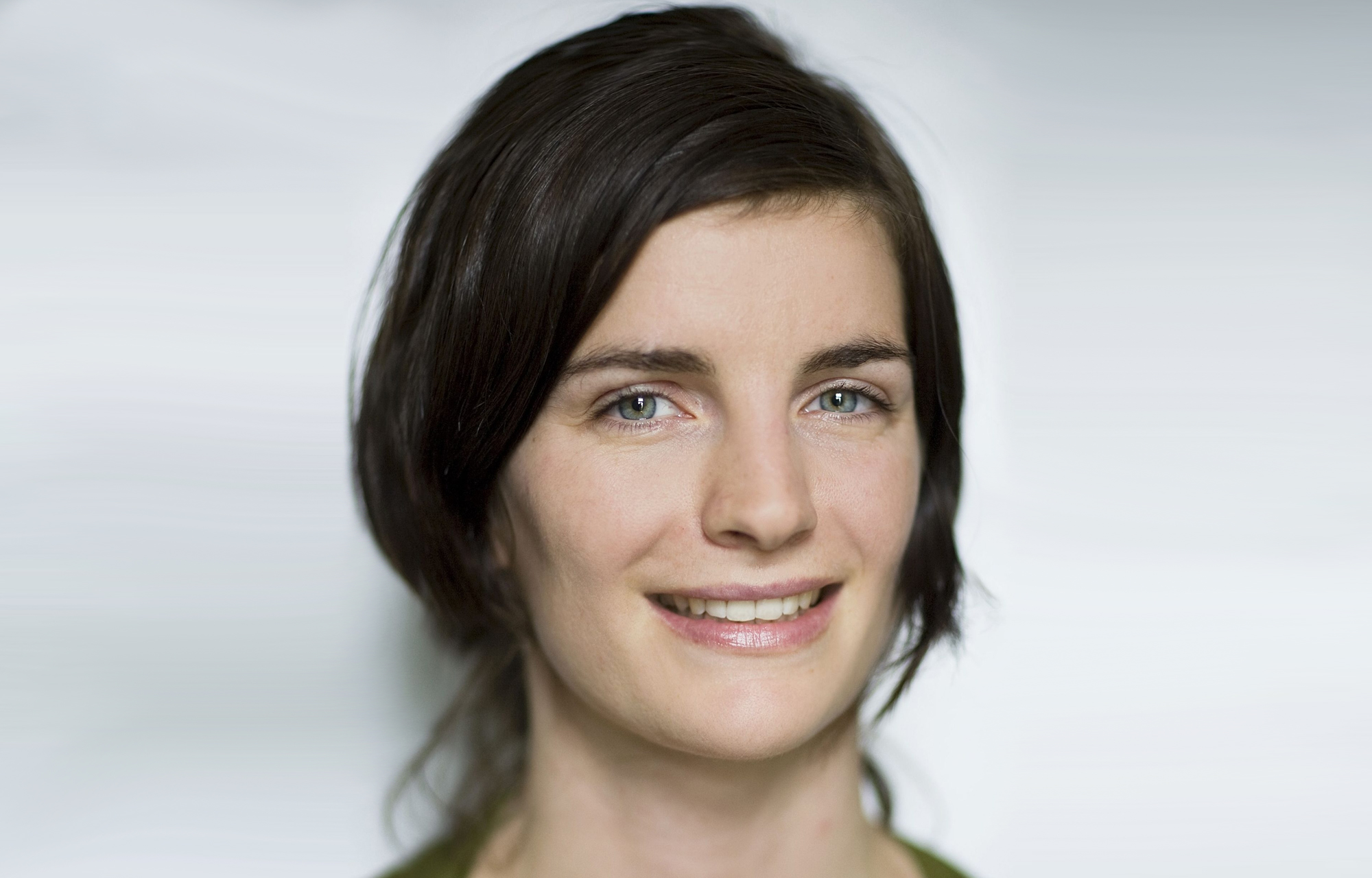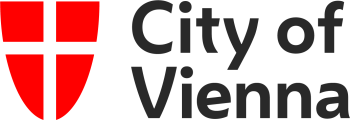“We need some really courageous goal setting. Cooperation helps.”
Julia Girardi-Hoog, City of Vienna Housing Department

| Smart ideas for common challenges Vienna, the world’s “most liveable city” in 2018: an impressive title which doesn’t ask for much improvement. Nonetheless, the Viennese city representatives cooperate a lot with other cities in Europe. Is this only an unselfish gesture to help others getting better? No, says Julia Girardi-Hoog who works for the Vienna Housing Department. She sees collaboration as something wonderful and profitable for everyone. |
Julia, Vienna has a reputation of being both traditional and cool. Now, your city is also becoming smart. As an example, you are part of the EU project called Smarter Together. This is a group of several cities who experiment with new social and technological practices to improve citizens’ quality of life. What does Vienna gain from this project?
“We profit a lot, within Smarter Together. We profit a lot from our other lighthouse cities: Munich and Lyon,” said Julia. “We learn a lot from their experiences, from what they have already tried and did not succeed or what was successful in their cities. We realise that European cities today have similar challenges. So it’s good to learn from each other and to put our ideas into practice at the same time so we can help each other, guide each other and test things. For example, Munich may do something now that we are going to apply next year and so we can learn and vice versa.”
The internet is awash in ‘success stories’, why do you still feel the need to get in touch with other cities?
“There needs to be a lot more city-to-city cooperation because there is a lot of information out there. You can look nearly anything up on the internet, but there is almost too much content for civil servants and administrators. We need to be sure how things work. We need to have an honest exchange about what the challenges are and what has failed. That’s the information that is typically not put online.”
“It is also important to create trust.”, Julia continued. “Trust between the cities but also trust in the solutions, so that we are confident suggesting a solution to our decision-makers. That’s much easier to do when we can refer to other cities that have tried a similar project. Yes, it really works, and it is challenging but there are answers to those questions and challenges. That makes it easier for us to take courageous decisions.”
What do you need from the EU?
“We need some really courageous goal setting, something like ‘carbon free in 2040’ for example. Or Munich which develops a mobility goal first. Every city is different. It’s not about regulating too hard, because every city has its own climate or financing structure. But we need some common goals that we agree on and we need the framework to help each other achieve those goals.”
We interviewed Julia in April 2019.

